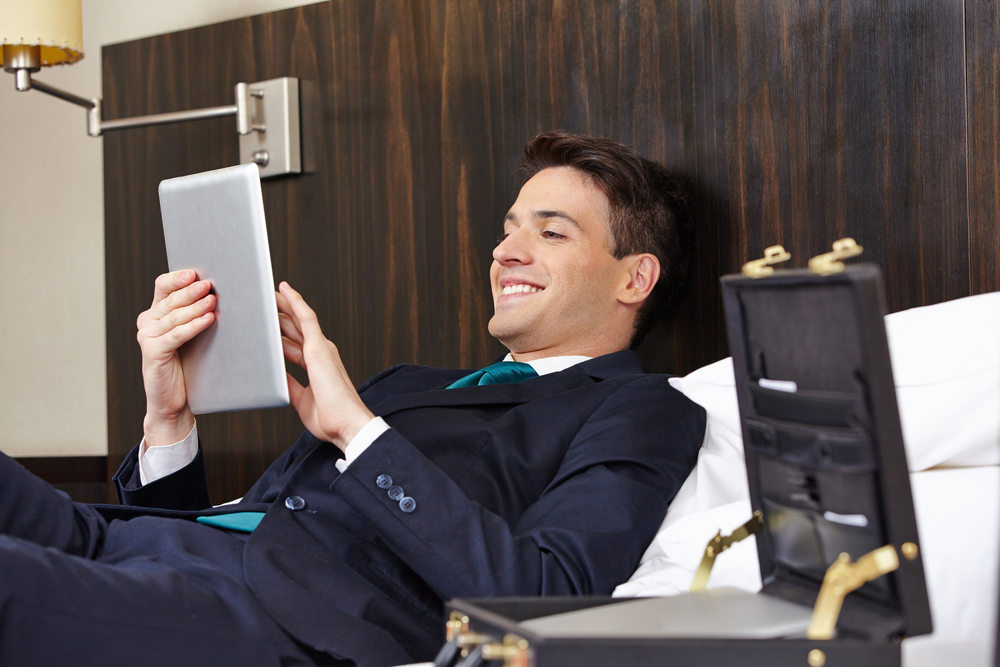For hotel guests these days, a great experience goes beyond excellent customer service and complimentary perks. The technology your hotel offers has become just as important as gracious staff members and a free breakfast. It might seem counterintuitive to the increased desire for a more personalized experience that consumers want, but personalization doesn’t necessarily mean hotel staff needs to be more present. In fact it’s quite the opposite: guests increasingly prefer to handle their own needs without the help of a hotel employee. Here are different examples of hotel technology that guests love.
Smartphone Functionality
What can’t you do with your phone? When it comes to enhancing the guest experience at your hotel, it’s time to think mobile. Services like ALICE are helping guests request and receive the services they want right from the palm of their hand. If a guest needs more towels or has a question, they can use their phone for a near-immediate response.
Online Streaming
If the goal of your hotel is to help provide a ‘home away from home’ for guests, then you need to make sure your rooms reflect how people live at home. According to the Pew Research Center, 61% of young adults use online streaming to watch TV. If they visit you’re hotel, it’s likely they’ll be frustrated if they can’t stream their favorite show or at least connect their devices to the TV in their room.
Keyless Entry
How many times have you had to hand out extra keycards to guests who lost them? Probably more than you can or would like to count. An increasing amount of hotels, including Marriott and Hilton, are moving towards providing mobile apps that guests can use to unlock their doors.
Robots
Not many hotels currently employ the use of robots to deliver products like towels or coffee to guests, but for those that do the guests seem to like it. According to Steve Cousins, CEO of Savioke, a company that manufactures robots, “Guests love that their deliveries come in under half the time (typically in five minutes), they don’t have to tip the robot and [they] avoid awkward human interactions when they’re getting ready for bed.”
